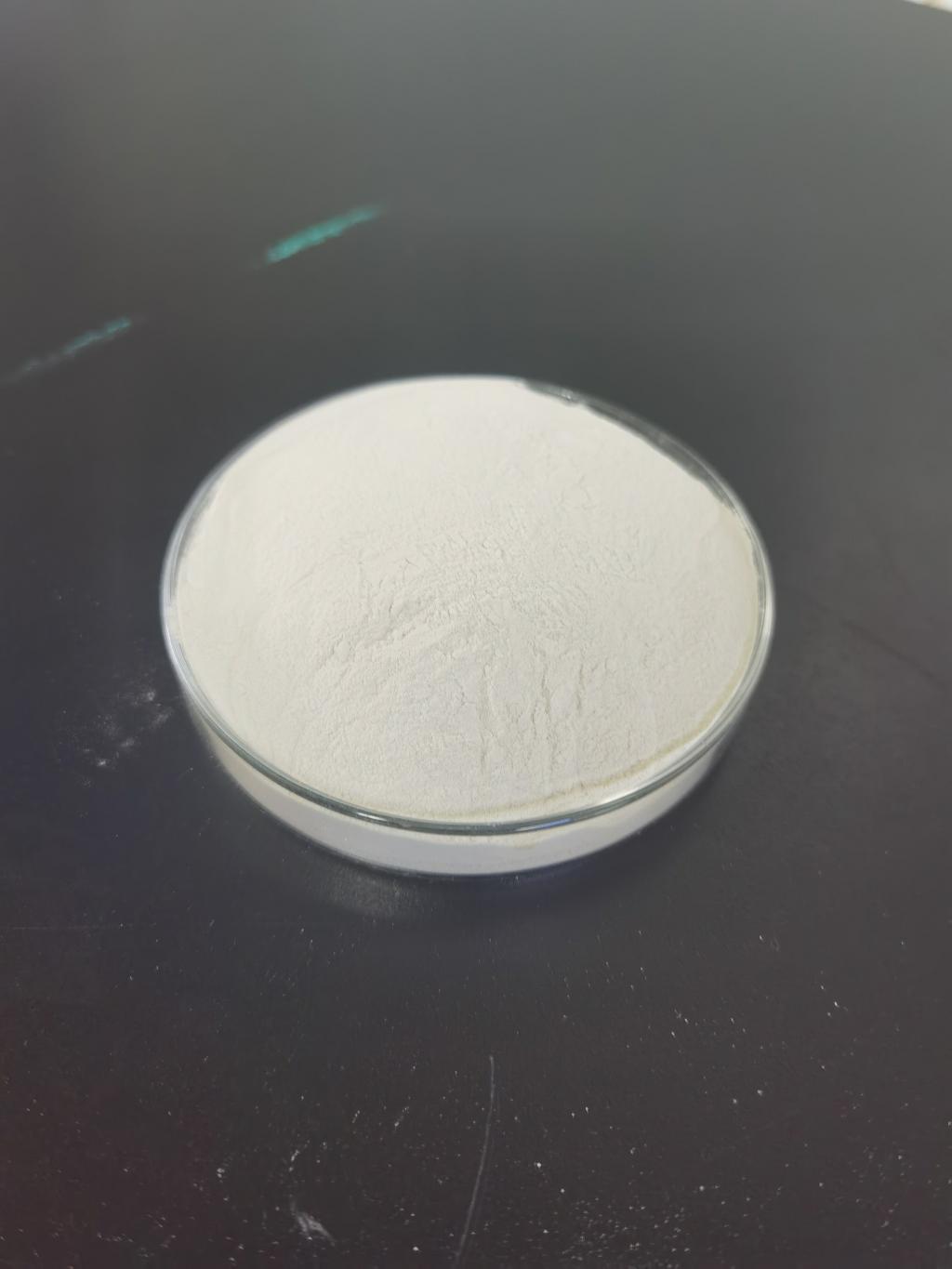Tel:+8618231198596

News
 CONTACT
CONTACT
 CONTACT
CONTACT
- Linkman:Linda Yao
- Tel: +8618231198596
- Email:linda.yao@dcpharma.cn
- Linkman:CHARLES.WANG
- Department:Overseas
- Tel: 0086 0311-85537378 0086 0311-85539701
News
Nisin and Food Security: Strengthening the Global Food Chain
TIME:2023-12-15
Introduction
Food security is a complex issue that involves ensuring access to safe, nutritious, and sufficient food for a growing global population. In the face of climate change, resource constraints, and evolving consumer preferences, finding sustainable and effective solutions for food preservation and safety is crucial. Nisin, a natural antimicrobial peptide, has emerged as a promising candidate to address these challenges. This article aims to delve into the applications of nisin in strengthening the global food chain and promoting food security.
Nisin: An Overview
Nisin, a bacteriocin produced by certain bacteria, has garnered attention for its antimicrobial properties. Recognized for its safety and efficacy, nisin has been approved for use in various food products by regulatory authorities. This section provides an overview of nisin's characteristics, mechanisms of action, and its potential in revolutionizing food preservation methods.
Preserving Fresh Produce
The journey of food from farm to table involves numerous stages where the risk of spoilage and contamination is high. Nisin's antimicrobial activity can be harnessed to extend the shelf life of fresh produce, reducing food waste and ensuring that more products reach consumers in optimal condition. This section discusses studies and applications demonstrating the effectiveness of nisin in preserving fruits, vegetables, and other perishable items.
Enhancing Meat and Dairy Safety
Meat and dairy products are susceptible to bacterial contamination, leading to foodborne illnesses and economic losses. Nisin's role in controlling pathogenic bacteria in these products can significantly contribute to improving food safety. The article explores the potential applications of nisin in meat and dairy industries, highlighting its impact on both microbial safety and the overall quality of the products.
Nisin in Processed Foods
The modern food industry relies heavily on processed and packaged foods. However, the use of chemical preservatives raises concerns among consumers. Nisin offers a natural alternative for enhancing the safety and shelf life of processed foods. This section examines how nisin can be integrated into various food processing methods, from canning to packaging, while maintaining product quality.
Global Food Supply Chain: Challenges and Opportunities
The global food supply chain faces challenges such as transportation-related spoilage, contamination risks, and the need for longer shelf lives. Nisin can play a crucial role in addressing these challenges, promoting food security by minimizing losses and ensuring the delivery of safe and nutritious food products. This section discusses the potential impact of nisin on the various stages of the global food supply chain.
Regulatory Considerations and Consumer Acceptance
The acceptance of nisin in the food industry depends on regulatory approvals and consumer perceptions. This part of the article examines the current regulatory landscape surrounding the use of nisin, as well as efforts to educate and engage consumers about the benefits of this natural antimicrobial peptide in food preservation.
Sustainability and Nisin: A Synergistic Approach
Sustainability is a key consideration in modern food production. The sustainable characteristics of nisin, including its natural origin, minimal environmental impact, and potential to reduce reliance on synthetic preservatives, make it a valuable component in achieving a more sustainable global food chain. This section explores the environmental benefits of incorporating nisin into food preservation practices.
Future Directions and Challenges
As nisin gains prominence in the food industry, ongoing research is essential to unlock its full potential. Future directions may include optimizing production methods, expanding applications, and addressing any challenges related to consumer perception and regulatory constraints. This section outlines potential areas of research and development for maximizing the impact of nisin on food security.
Conclusion
In conclusion, the integration of nisin into the global food chain holds significant promise for enhancing food security. By providing a natural and effective solution for food preservation, nisin has the potential to reduce food waste, improve safety, and contribute to a more sustainable and resilient food system. As research and adoption continue to progress, the role of nisin in strengthening the global food chain is likely to become increasingly pivotal.
- Tel:+8618231198596
- Whatsapp:18231198596
- Chat With Skype







